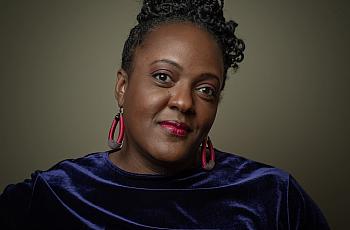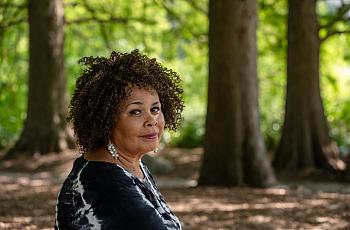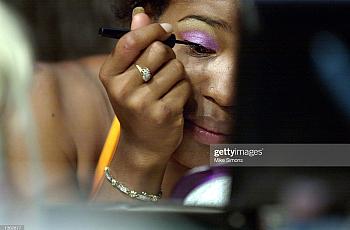
Victoria St. Martin
Health and Environmental Justice Reporter

Health and Environmental Justice Reporter
Victoria St. Martin is the deputy national editor at Capital B News. Prior to Capital B News, St. Martin covered health and environmental justice at Inside Climate News. During a 20-year career in journalism, she has worked in a half dozen newsrooms, including The Washington Post where she served as a breaking news and general assignment reporter. Besides The Post, St. Martin also has worked at The Star-Ledger of Newark, N.J., The Times-Picayune of New Orleans, The Trentonian, The South Bend Tribune and WNIT, the PBS-member station serving north central Indiana. In addition to her newsroom experience, St. Martin is also a journalism educator who spent four years as a distinguished visiting journalist with the Gallivan Program in Journalism, Ethics, and Democracy at the University of Notre Dame. She is a co-director of the Dow Jones News Fund summer internship training workshop at Temple University. St. Martin is a graduate of Rutgers University and holds a master’s degree from American University’s School of Communication. St. Martin was also a Center for Health Journalism 2023 National Fellow for which she reported on the struggle to protect women of color from unsafe cosmetics. She was diagnosed with breast cancer in 2011 and has written extensively about the prevalence of breast cancer in young women. In her work, St. Martin is particularly interested in healthcare disparities affecting Black women.

A three-part series sheds light on a new set of sweeping federal consumer protection powers — and the public health challenges created by the loopholes that remain.

The effort by Heather McTeer Toney, a former EPA official, is a part of a larger campaign to educate communities of color about personal and communal environmental harms.

The Modernization of Cosmetics Regulation Act empowers the FDA to recall harmful cosmetics. Advocates want to know why manufacturers still don’t have to prove their products are safe before selling.

The FDA has finally proposed a ban on formaldehyde in hair straighteners, and new regulations on the cosmetics industry take effect next month. But one activist called them “a floor, not a ceiling.

The Columbia researcher has been documenting how racialized beauty norms compel women of color to disproportionately use cosmetics — and face a higher threat from potentially harmful chemicals.

A reporter asks why cosmetics in the U.S. are loaded with chemicals banned in other countries — and whether toxic exposures caused her breast cancer.